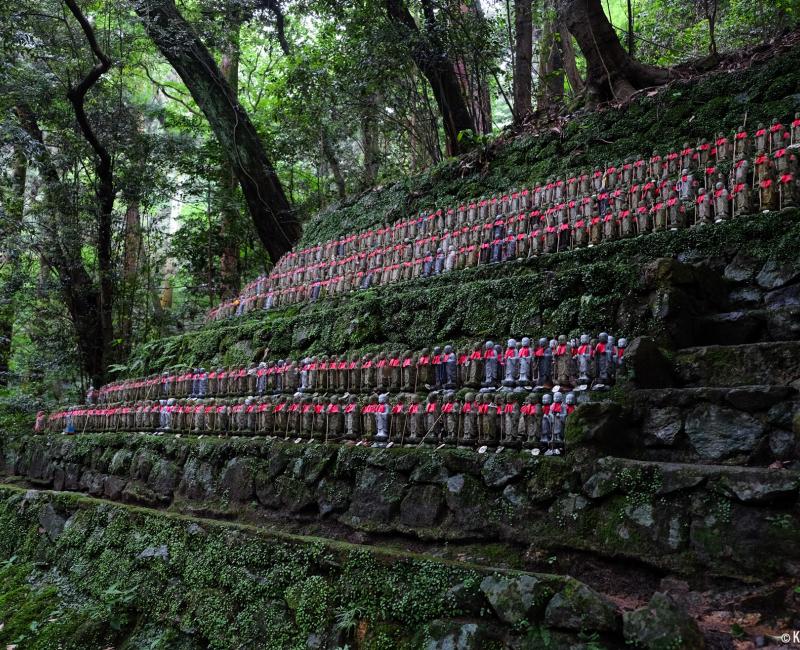Engyo-ji
Mount Shosha in Himeji
Shoshazan Engyoji is a Buddhist temple, standing since 966 at the northern limit of Himeji, in Hyogo prefecture, Kansai. The name of this great temples’ complex derives from Mount Shosha, the highest mountain of the area despite it culminating only at 371 meters above sea level.
Shosha is a place forsaken by tourists, who are usually satisfied by a short walk in downtown Himeji and the visit of its famous castle 🏯 and sometimes of the nearby Koko-en garden. However, the mountain hides a gem that can still be enjoyed quietly.

A sacred mountain of the Tendai School of Buddhism
The temples were founded in 966 by Shoku Shonin (性空上人) and are affiliated to the Tendai Branch of Japanese Buddhism, the same as Hieizan in Kyoto and Daisen in Tottori. Engyo-ji was recognized as one of the most prominent training center for monks in the Kansai area. Visitors can try tasting the monks’ vegetarian diet (精進料理 shojin ryori Buddhist vegetarian cuisine), and even experience their way of life during two days stays, including zazen meditation sessions (to book on line on the official website).
Shosha has many attractive features:
- It is the 27th temple on the Saigoku Kannon Pilgrimage of 33 temples dedicated to the bodhisattva Kannon.
- It shelters dozens of properties listed as Important Cultural Assets (buildings as well as Buddhist statues).
- It is frequently used as movie and television filming location, the most famous being The Last Samurai in 2002, but also many Japanese drama for the NHK.

A discreet entrance to pavilions nestled in the forest
The mountain is accessible from an easy hiking trail starting at its base, or by a short ride on the ropeway. Then, after a fifteen minutes’ walk on a hearten path lined up with about thirty statues of Kannon, the bodhisattva of compassion, the entrance of the temple is on sight. The sacred grounds are marked by the great Niomon gate. According to the saying, those who visit Mount Shosha will have their body and soul purified.
Engyo-ji complex is made of more than twenty buildings dispatched in the primeval forest. The main hall, certainly the most impressive, is Mani-den (摩尼殿). It was built in 970, but unfortunately destroyed by fire 🔥 in 1921 as many other pavilions of the temple, and rebuilt in 1932. This majestic temple reminds of Enryaku-ji and Kiyomizu-dera.
Its location in the heart of a vast wooden area offers many occasions for a silent and solitary walk, only troubled by birds’ singing. With its stunning serenity, in contrast with the crowds of tourists around the castle, Shosha is the ideal place to relax in a forest while combining culture, quietness, peace and serenity. The only exceptions are the famous cherry blossoms period in early spring 🌸 and the maple trees foliage at the end of autumn 🍁. Then Engyo-ji changes to welcome a flow of Japanese amateurs of the short blooming seasons.

